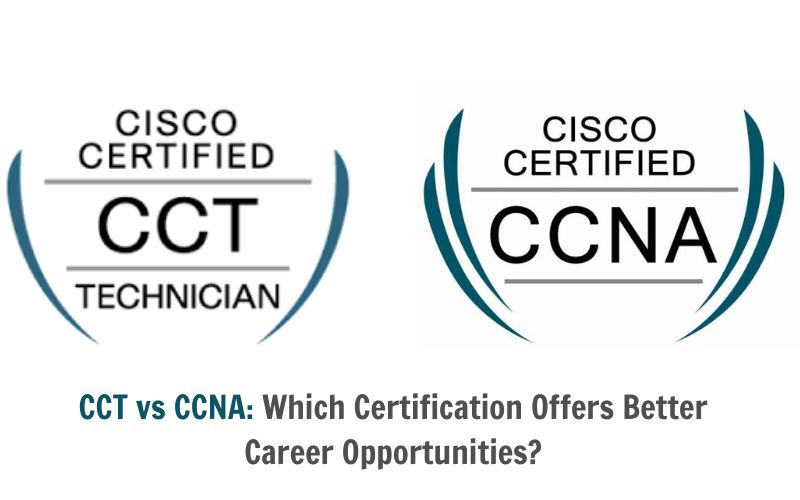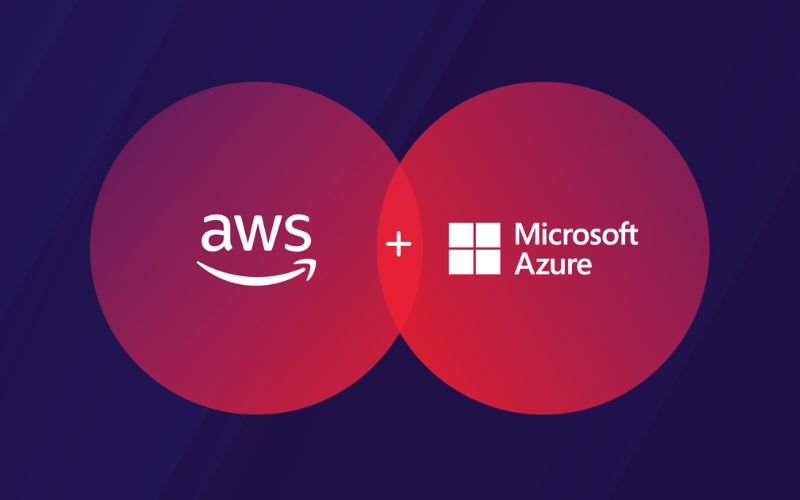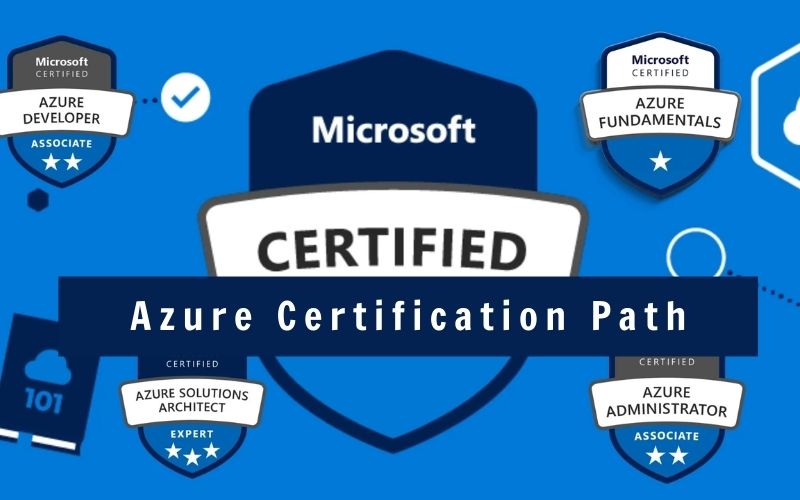Overview Of The PMP Exam
By earning your PMP certification, you may realize your full potential as a project management expert. Our comprehensive guide will explain how to get PMP certification by giving you a thorough overview of the prerequisites, test structure, study methods, and maintenance procedure. Become a member of the exclusive club of qualified experts to confidently progress your project management career.
Do you wish to develop your project management career? Do you desire to be regarded as a knowledgeable expert in your field? Getting a Project Management Professional (PMP) certification can be the best option to accomplish your objectives if this is the case. IT-Exams.Net will walk you through every step of the certification process for the PMP, from eligibility requirements to advice on how to ace the test, in this post.
What Is PMP Certification?
The PMP certification is highly valued in the project management industry as it demonstrates an individual’s proficiency in managing projects of different sizes and complexities. This certification is recognized worldwide, which means that PMP-certified professionals can work in any part of the world and be acknowledged for their expertise. Moreover, PMP certification holders are respected professionals who are trusted to lead projects effectively, and it provides them with a competitive edge in the job market.
Only the most informed and talented workers may earn the PMP certification because of its stringent standards. The requirements for qualifying include 35 hours of project management education as well as a minimum of three years of project management experience, during which the applicant must have managed and overseen projects. Following the fulfillment of these prerequisites, the candidate must ace a thorough exam covering all facets of project management.
Holders of the PMP certification are not constrained to employment in a particular field or business. They are able to work in many different industries, including IT, healthcare, construction, finance, and many more. This is due to the increased demand for project management abilities across many industries, and the PMP certification denotes that the bearer has the knowledge and skills necessary to lead successful projects in any field.
Why Getting PMP Certified Is Important?
For a project manager’s career, earning a PMP (Project Management Professional) certification may be quite beneficial. This qualification can advance your career for a number of factors. First off, it is a degree that is widely recognized and may make you stand out on the job market by proving your proficiency in project management. This professional validation may result in improved employment prospects and pay raises.
Second, earning a PMP certification may lead to promotions and higher-level roles. Employers frequently want certified experts to oversee complicated projects because they can result in promotions or higher-level employment prospects.
Thirdly, studying for the PMP test might help you get more expertise in project management. Candidates for certification must possess a thorough grasp of many different facets of project management, including initiating, planning, carrying out, overseeing and managing, and completing projects. Your career may benefit from this information by making you a better manager and leader.
Last but not least, being a member of the PMI community may open up networking possibilities with other project management experts. This may provide insightful information, career guidance, and attainable employment options. Additionally, PMI provides events and materials that can assist you in keeping up with the most recent developments and industry best practices.
Eligibility Requirements For PMP Certification
Here. In this section, we will show you “how to get PMP certification“. To obtain PMP certification, candidates must meet certain eligibility requirements set by the Project Management Institute (PMI). These PMP requirements are designed to ensure that the candidate has the necessary education, project management experience, and knowledge to effectively lead projects.
Education Requirements
To qualify for PMP certification, applicants must hold a high school diploma, an associate’s degree, or a bachelor’s degree. Additionally, they must have completed 35 hours of project management training, which can be received from one of the other training organizations or one of the Registered Education Providers (R.E.P.s) registered with PMI.
Project Management Experience Requirements
Candidates must have a minimum of three years of experience in project management to be eligible for the PMP certification. This expertise can be acquired in any business or area and must entail planning and supervising projects. A bachelor’s degree or above reduces the amount of project management experience needed to two years.
PMP Exam Requirements
To get certified, individuals must pass the PMP test after completing the necessary educational prerequisites and project management experience requirements. The exam, which is computer-based, evaluates the candidate’s knowledge and abilities in a variety of project management areas, including initiating, planning, carrying out, overseeing and managing, and closing projects. There are 180 multiple-choice questions on the test, and you have four hours to do it.
How To Get PMP Certification
To apply for PMP (Project Management Professional) certification, candidates must follow a detailed process with several phases. The first step is to make sure they meet the Project Management Institute’s (PMI) qualification criteria. These requirements include project management training, education, and experience. If all requirements for eligibility are met, candidates may create an account on the PMI website.
The last step is to finish the PMP application, which requires giving details on one’s schooling, professional background, and project management training. Candidates must include their past tasks in their application along with their responsibilities. Applicants must complete and submit their applications in order to be considered. Application review time is limited to five business days.
An applicant must pay the exam cost if their application is accepted. Members of PMI pay less than non-members do for the product. Candidates can arrange their examinations on the PMI website after paying the test price. A Prometric testing facility is where the computer-based test may be taken.
The PMI’s Guide to the Project Management Body of Knowledge (PMBOK Guide) and other study tools, such as PMP practice exams, should be studied by applicants in order to pass the test. Candidates can demonstrate their project management ability and get the PMP certification by completing these procedures.
The PMP certification process is intended to make sure that applicants have the training, expertise, and experience in project management required to successfully lead projects. Candidates may stand out on the job market, get access to positions with more responsibility and salary hikes, enhance their project management knowledge and abilities, and take advantage of networking possibilities by earning a PMP certification.
How To Prepare For The PMP Exam
The narrative does not end there. Preparing for the PMP test is the following phase in the “how to get PMP certification” process. This need a thorough strategy. Here are some pointers to get you going:
PMP Exam Format And Content
200 multiple-choice questions across five areas make up the PMP test.
- Initiating
- Planning
- Executing
- Monitoring and Controlling
- Closing
Each domain covers specific project management processes, such as developing a project charter, creating a project schedule, and monitoring project progress. You will need to understand the processes and their inputs, tools and techniques, and outputs.
PMP Exam Study Materials
To prepare for the PMP exam, you will need study materials that cover the exam content. Here are some popular options:
- PMI’s official guide to the PMP exam is known as the PMBOK (Project Management Body of Knowledge).
- PMP exam prep books and study guides from reputable publishers.
- Online courses and video tutorials from training providers.
- PMP practice exams and simulation tools mimic the actual PMP exam, such as in IT Exams.
PMP Exam Study Tips Taking The PMP Exam
When it comes to taking the actual test, learning a few test-taking techniques or tactics may be beneficial for you. Here are some pointers that we suggest:
- Make a study schedule that divides the test material into small chunks.
- Decide on a reasonable study schedule and follow it.
- Make use of several study tools to confirm that you comprehend the exam’s subject matter.
- Take practice tests to determine your skills and weaknesses so you may modify your study strategy.
- Regular study is preferable to cramming.
What To Do After The PMP Exam
PMP Exam Results
After you complete the PMP exam, you will receive your results immediately. If you pass, you will receive your PMP certification within a few weeks. If you do not pass, you can retake the exam after waiting for a designated period.
PMP Certification Renewal
After the exam a while, PMP renewal is very important. The duration of a PMP certification is three years. Throughout the three-year certification cycle, you must acquire 60 Professional Development Units (PDUs) in order to renew your certification. PDUs may be attained through taking training courses, giving presentations at conferences, and participating in volunteer work within the project management industry, among other things.
FAQs
How much does it cost to get PMP certified?
The price to get PMP certified varies based on a number of variables, such as the format used to give the test and the location of the exam venue, as well as whether the candidate is a PMI member. Standard PMP test costs range from $555 for non-members to $405 for PMI members. For some professions and students, PMI also provides discounts.
Candidates should take into account the cost of study resources including study guides, practice examinations, and online courses in addition to the exam price. Depending on the source and the degree of help provided, the price of study materials can range from a few hundred dollars to over a thousand dollars.
How long does it take to get PMP certified?
Depending on your study plan and the time it takes to assess your application, being certified as a PMP might take a while. Preparation for the exam often takes two to three months, and the application approval process takes a few weeks. It’s crucial to design and follow a study plan that fits your schedule. You may also get ready effectively by taking practice examinations and modifying your study strategy in light of your skills and shortcomings.
Can I get PMP certified without project management experience?
No, you cannot earn a PMP certification without having worked with projects. For those with a bachelor’s degree, the Project Management Institute (PMI), which offers the PMP certification, demands a minimum of 3 years of experience in project management; for those without a bachelor’s degree, the requirement is 5 years. Before taking the test, you must also complete 35 hours of project management training. It is significant to highlight that the experience need involves leading and overseeing project tasks in addition to project management.
How many times can I retake the PMP exam?
Within your one-year eligibility window, you are permitted to take the PMP test up to two more times if you don’t pass it the first time. You will need to wait one year before reapplying to take the test if you are still unable to pass it within the allotted time. It’s vital to remember that there is an extra cost for each exam retake. In order to prevent having to repeat the test, it is advised that you properly prepare for it before sitting for it.
Do I need to renew my PMP certification?
Yes, every three years you must renew your PMP certification. You must acquire 60 Professional Development Units (PDUs) throughout a three-year cycle in order to keep your certification active. PDUs may be acquired by taking part in a range of activities, including training sessions, webinars, and volunteering for project management associations. The PMI Continuing Certification Requirements System (CCRS) is where you may submit your PDUs. Your certification will expire if you don’t obtain the necessary PDUs within the three-year cycle.
Final Words
In conclusion, obtaining PMP certification can be a significant career booster for project management professionals. With this guide on “How to Get PMP Certification“, you now have the necessary knowledge to begin your journey toward certification. Remember to meet the experience and education requirements, study diligently for the exam, and earn the required PDUs for maintenance. With dedication and hard work, you can join the ranks of certified project management professionals and stand out in the competitive job market. Start your journey today and take the first step towards a successful career in project management.
[Sassy_Social_Share]



